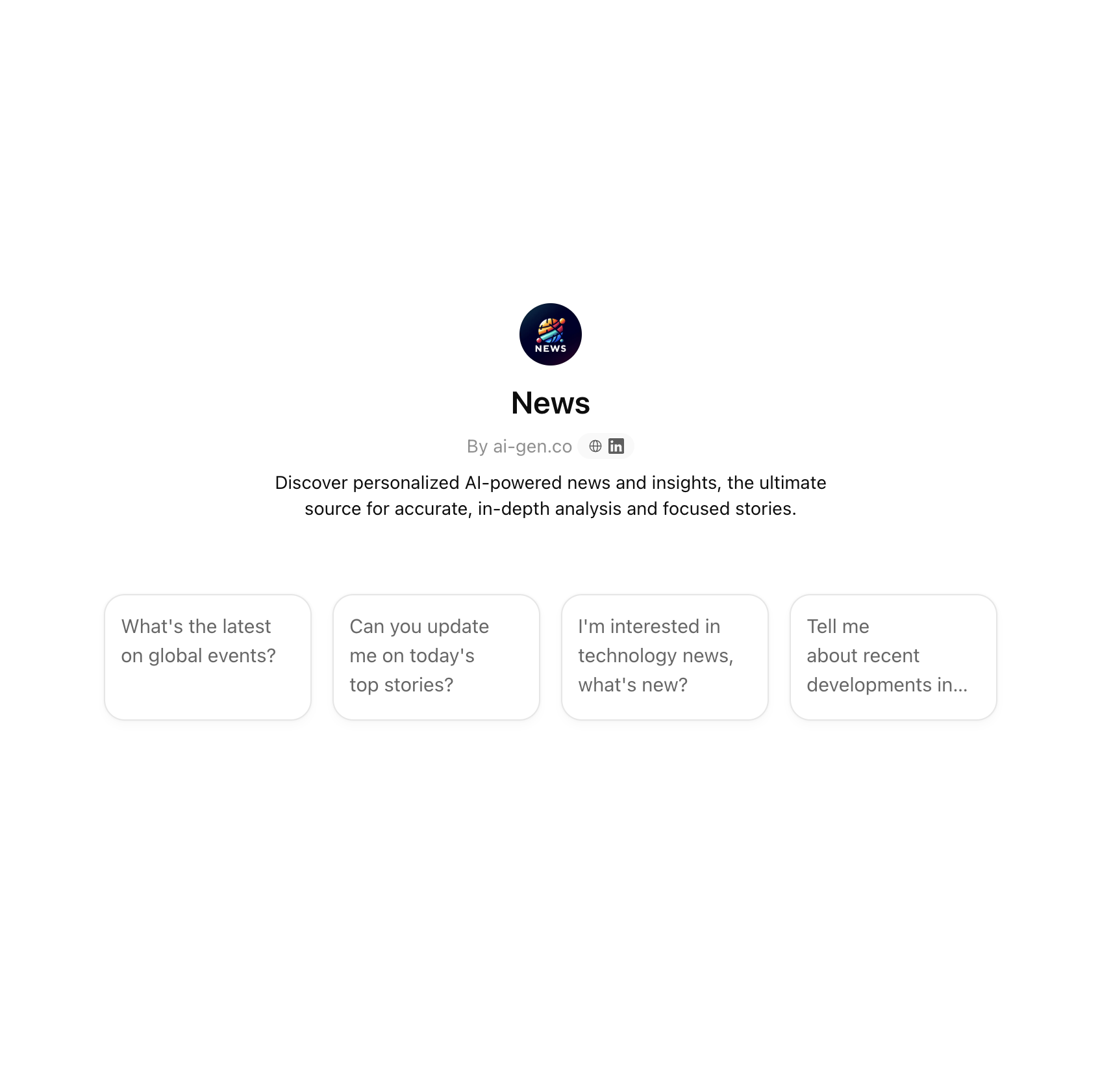Last month, Wired published a piece on whether OpenAI had left developers in a lurch with the GPT Store. It always feels good to hear the quiet part out loud, but it didn’t delve properly into the more interesting question — how has OpenAI left developers in a lurch?
The article focused on the delay in usage-based revenue share, but we would argue this is a red herring.
If growth was strong, developers would be happily monetising through advertising, affiliate links or charging users a monthly subscription fee etc. While some developers are monetising successfully, they are in the minority. Overall, growth has been sluggish and the biggest letdown has been OpenAI severely limiting developers’ ability to reach customers, hampering all monetisation efforts.
The current GPT Store user base is much smaller than most people realise. Free ChatGPT users can access only a few messages before they’re prompted to subscribe, effectively restricting the available market to the ~10 million paid ChatGPT subscribers. And within this limited market, GPT discovery is a struggle. GPT Store search is very basic, and the only way to gain meaningful traffic is if OpenAI, at its discretion, chooses to feature a GPT on its homepage.
What we’d like to see from OpenAI:
- Make the GPT Store fully accessible. It would be a game changer if developers had access to the 200 million weekly active ChatGPT users. Developers could cover token costs as they do with the API. Removing the GPT Store paywall would improve conversion which would allow developers to start marketing their GPTs externally.
- Better search and discovery. ChatGPT could suggest relevant GPTs which often are better placed to address user needs because more specific data can be added to the knowledge section of a GPT, or external actions completed via API through ‘actions’. For example, say a user asks ChatGPT to help put together their resume, ChatGPT could do so and also suggest a GPT like this one which pulls in realtime data from multiple job websites that help the user find relevant jobs to apply to.
- Allow developers to pay for sponsored results. This would allow developers who are actively growing their GPTs to fast track their growth. To maintain trust and transparency, it should be clear to the end user what has been paid for to be promoted versus an organic result.
Are you a developer in the GPT Store? Start monetising today with in-chat payments.
.svg)







